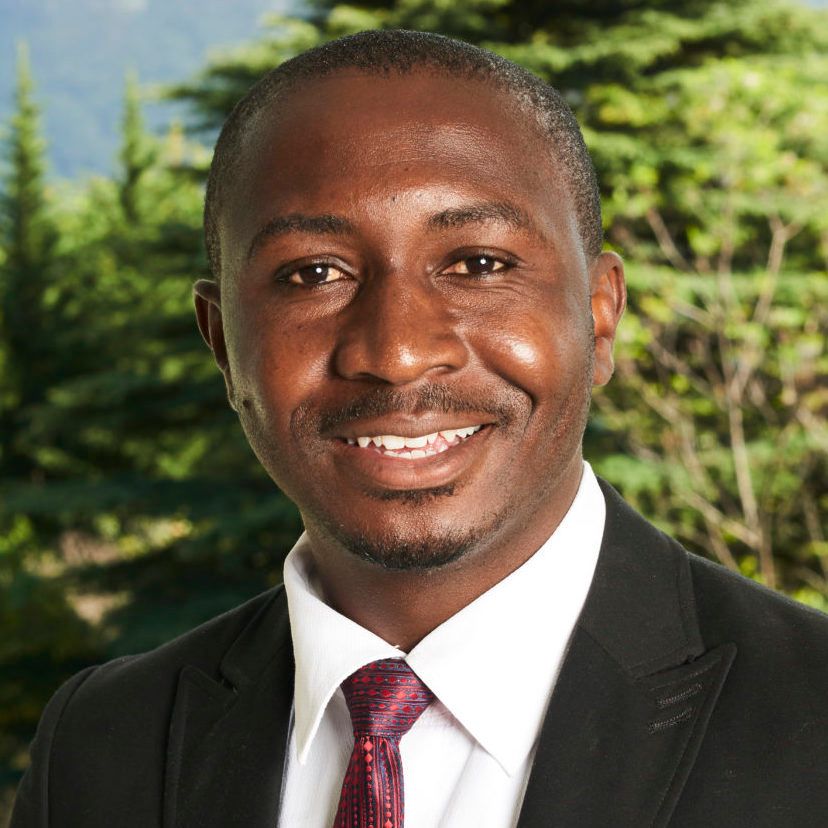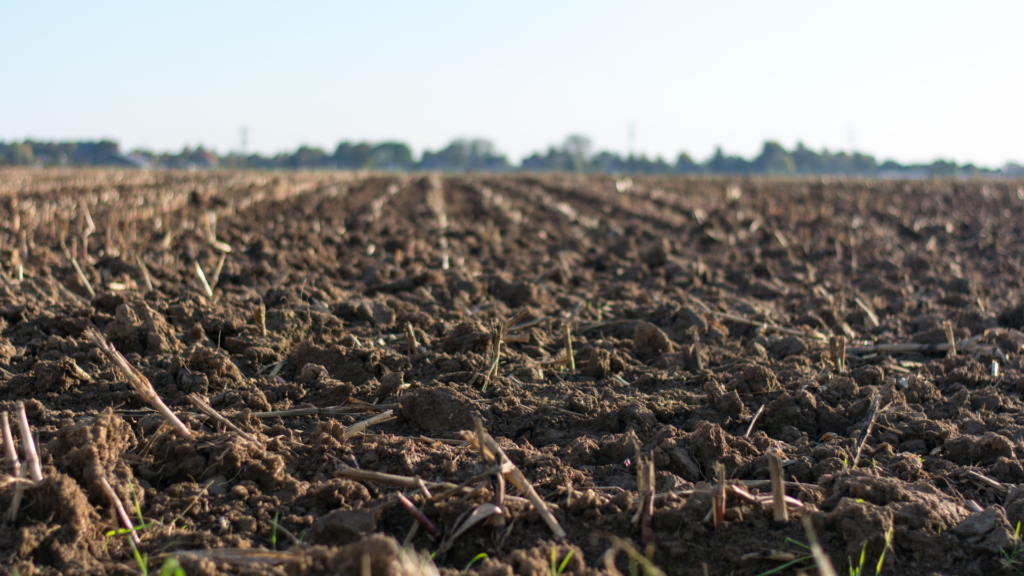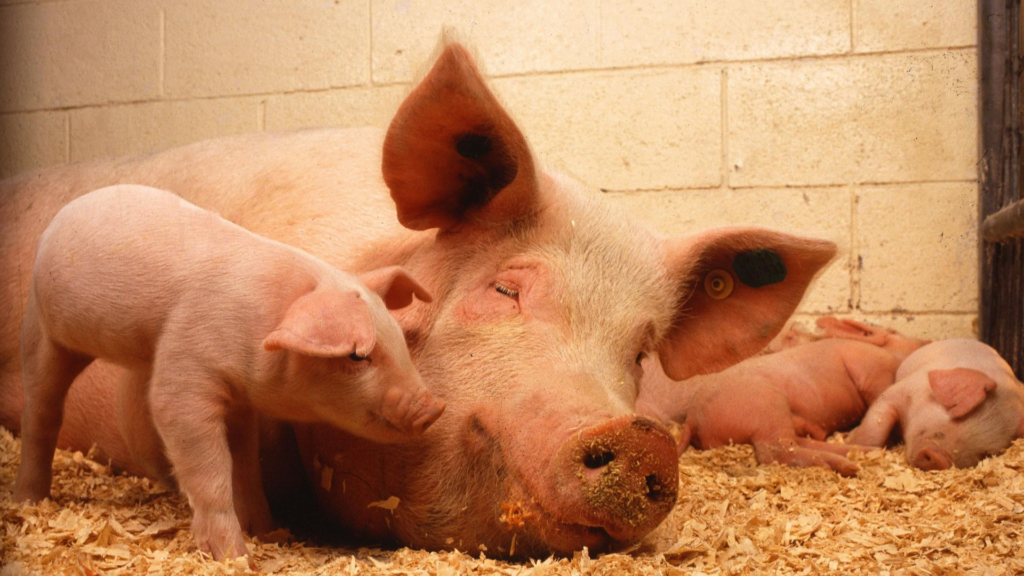Microbiota intervention strategies limiting selection and transmission of antibiotic resistance burden (MISTAR)
Context
Antimicrobial resistance (AMR) has become an endemic and increasing problem, partially under the radar and depriving future generations of effective therapies. A main AMR driver is antimicrobial overuse in humans, animals and environment, facilitating selection and spread of resistant bacteria and genes between the different One Health domains.
Problem
There is an overwhelming lack of knowledge about the dynamics of the antibiotic resistance genes (ARGs) and antibiotic resistant bacteria (ARB) reservoirs. Air is a dynamic space allowing the transitory transmission of ARGs and ARB from any terrestrial and aquatic ecosystems, which enter in the atmosphere adsorbed on biological aerosols from wind-borne dust, water vapor from wastewater treatment plants (WWPs), or biomass burning which subsequently disseminates at local, regional or global levels. Recent air microbiomics projects reflect distinct microbial taxonomic and AMR signatures (abundance and diversity of ARB, ARG and mobile genetic elements) for each city analysed, depending on socioeconomic and geographical factors. This implies different risk scenarios for the emergence, transmission of AMR in different environments and different countries, with implications for public health and other disciplines.
“This project will contribute with innovative evidence on the importance of the cross-cutting environmental dimension “One air-One Health” to reduce airborne dust-bound pollution and transmission of AMR in the community and in farms.”
Gloria Cristina Córdoba Currea, AMR Advisor, ICARS
Project overview
The goal of MISTAR is to ameliorate the AMR pollution to curtail the selection and transmission of AMR within different One Health settings. We will develop and implement intervention strategies to promote microbiota preservation using cutting-edge omics technologies. To reach this goal we will design, implement and quantify:
- the effect of gut microbiota-based interventions (fecal microbiota transplantation and microbiota-based index at point-of-care) in hospitalized patients to reduce AMR
- the effects of interventions aimed at reducing airborne dust-bound pollution and transmission of AMR in the community and in farms
- design and develop novel experimental intervention strategies to modulate the microbiota to eradicate AMR.
Outcomes
In Brazil, the aim is to evaluate whether the air intervention using air purifying system could decrease dust-bound ARB and ARGs and thus decrease this transmission route in the household and community. Main outcomes within the Brazilian context include:
- Implementation of interventions to ameliorate the ARG load/contamination in houses, especially with dogs.
- Policy paper on the risk and benefit assessment of air-clearer based intervention.
- Recommendation translated to the general public in collaboration with Brazilian government on the use of air purifiers to control ARB transmission.
Results
A conference presentation at the Brazilian Congress of Microbiology, in Foz do Iguaçu, Brazil, October 2023. This presentation details a case study of a household outbreak of Methicillin-resistant Staphylococcus aureus (MRSA), involving one person infected and another colonized, alongside environmental contamination. It focuses on the spread of MRSA leading to a furunculosis outbreak within a home setting. Details can be found in ReP USP – Detalhe do registro: Case study of methicillin-resistant Staphylococcus aureus (MRSA) causing a furunculosis outbreak in a household environment
Facts
Region: Latin America
Sector: Environment
Country: Brazil
Type: Supporting activity
Country partners: São Carlos Institute of physics, University of São Paulo
Funding partners: JPIAMR Research Partners: Instituto Ramón y Cajal de Investigación Sanitaria (IRYCIS), Spain; University of Antwerp, Belgium; University of Exeter, UK; Institute of Microbiology and Infection, University of Birmingham, UK; Utrecht University, Netherlands
Timescale: 1st April 2022 – 31st March 2025
ICARS funding: 295,217 EURO
ICARS Science Team

Resources
Share
Share this project on socials



